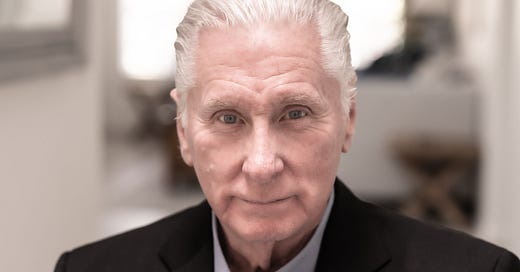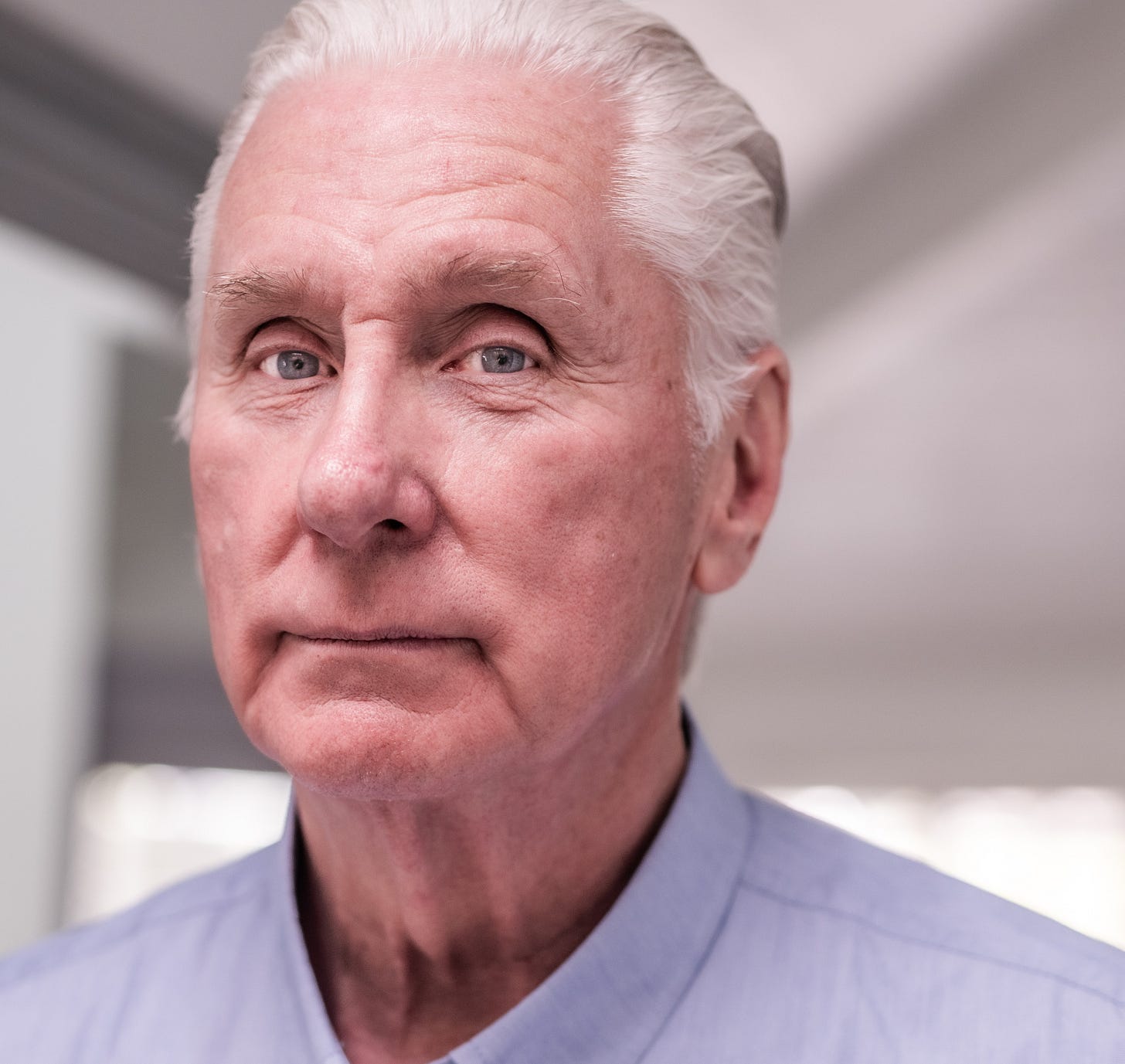PR veteran Michael Levine shares how he built a powerhouse clientele from 'nothing'
Levine has represented stars like Joan Rivers and Michael Jackson, plus dozens of Oscar, Grammy and bestselling book winners
With almost every success story, there come obstacles that make the climb to greater career heights even more meaningful and inspiring to others.
Few understand this better than veteran entertainment publicist Michael Levine.
Before the public relations expert ventured into representing star-studded actors, comedians, and legendary musicians, Levine faced struggles during his childhood in New Jersey, including learning difficulties due to dyslexia.
Levine, who founded public relations firm Boundless Media, says he was able to use the learning disorder to his advantage.
He didn’t let it stop him from reaching his goals, though he remains empathetic to others — especially children — who have been diagnosed with it.
His career spans decades and goes beyond public relations. He's written best-selling books and provided commentary for major media outlets, including The New York Times, USA Today, Forbes, Variety, Fox News and Good Morning America.
A native of New York City, Levine has also spoken at Oxford and Harvard universities, delivering career development presentations.
Some of the many notable celebrity clients Levine has represented include Joan Rivers, David Bowie, Michael J. Fox, and Michael Jackson. Overall, he’s represented 61 New York Times best-selling authors, 58 Academy Award winners and 36 Grammy Award winners.
Levine has provided unpaid media counsel to three U.S. presidents from both major political parties. He also worked with Bill Gates’ leadership team after the billionaire Microsoft co-founder was impressed by Levine’s best-selling book on business strategy.
His award-winning PR firm understands the power of sharing newsworthy stories to secure earned media coverage, with a team dedicated to "telling stories for a new world."
Levine has frequently used EIN Presswire, the world's leading press release distribution service, to circulate press releases for his clients.
In an exclusive interview with EIN Presswire, Levine dishes on the essential PR tools and strategies young professionals need to succeed, opens up about living with dyslexia, and shares his experience working with some of the biggest names in the game.
Q: You've been touted as a PR legend. Tell me how you earned this title and which notable clients you've worked with.
A: Though flattering, but it is not a title that is self-proclaimed. I started with nothing on a borrowed desk with barely a high school education and worked tirelessly, seven days a week, on behalf of our valued clients, whom I referred to as partners from day one. It's a matter of public record that we've represented 61 New York Times bestsellers, 58 Academy Award winners and 36 Grammy Award winners, and many other famous people on a long and hardly predictable journey.
Q: Describe your journey in public relations. How did you get your start, and what industries have you worked in along the way?
A: I began our PR firm on June 1, 1983, within hindsight far more audacity than knowledge. I have never worked for anyone in my life and I've always been self-employed, but I felt more out of necessity than careful planning.
Q: You wrote a book that is a best seller. What's the biggest lesson businesses can take from the Broken Windows, Broken Business approach?
A: The whole premise of The Broken Windows Broken Business book is that little details matter massively in running a business or life in general. I sensed that the book had a chance to be successful, but I had never dreamed that it would become an international bestseller when it was first published in 2006. It has now been ranked as one of the most influential business books of the last decade, which was unthinkable to me then. Imagine my surprise when Bill Gates hired me to speak to his leadership team because he found the book compelling. www.BrokenWindowsBook.com
Q: How has living with dyslexia shaped the way you approach communications? Has it affected your career in any way?
A: This is likely to sound strange, but I have come to believe over time that life has advantages and disadvantages if you learn how to play your cards right. I would never wish dyslexia on a child; however, I have also come to believe that my disability, strangely, almost mystically, has become a particular advantage in my life that I can't fully and completely explain.
Q: You mentioned working with Charlton Heston on a podcast. What areas did you assist him with—PR, branding, or something else? How did that experience impact your career?
A: I had the honor and privilege of representing Charlton Heston for 25 years, and because he was our first major international star, I have a remarkable memory of that relationship. After he passed away, I worked three years of my life, all without pay, to battle with the United States post office to make sure he got a postage stamp in his honor.
Q: Any other tips?
A: Honestly, what I tell young people all the time is that I am not very bright, but I am above average. I believe in watching what bright people do, and that has been very helpful in my life. I think, however, I'm even better in my opinion watching what dopey people do, and believe it or not, that's been even more critical.






